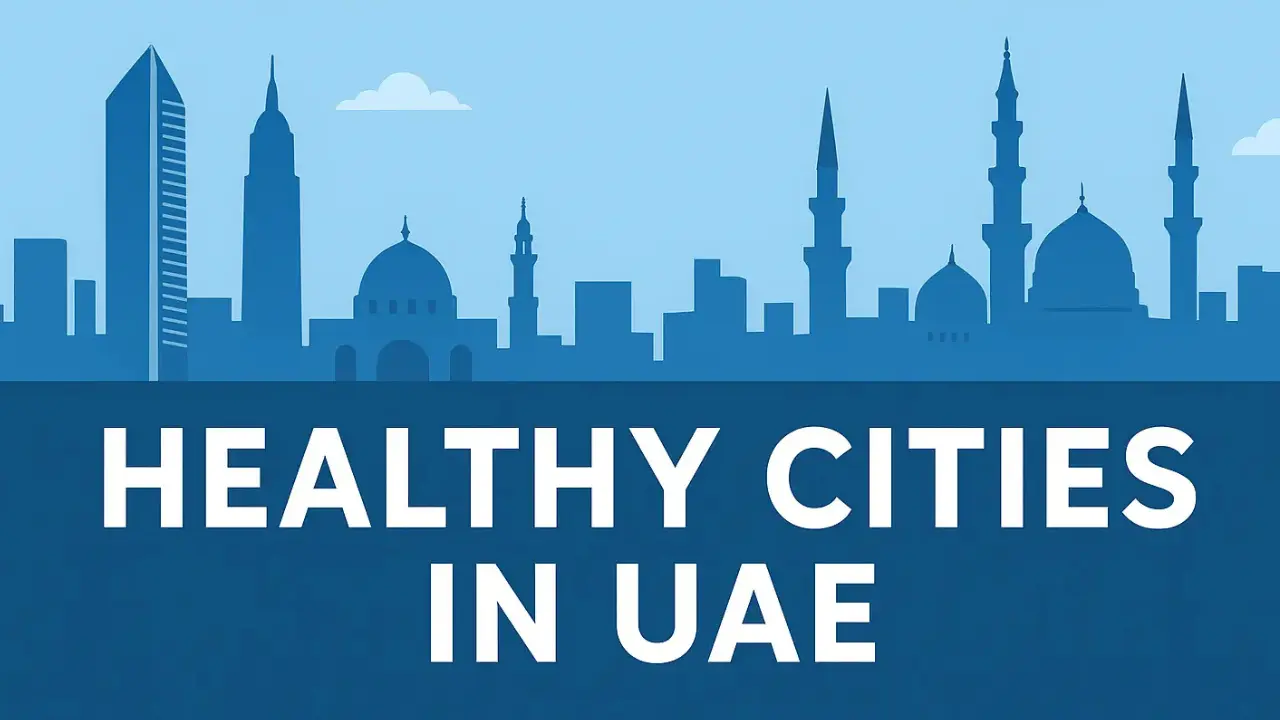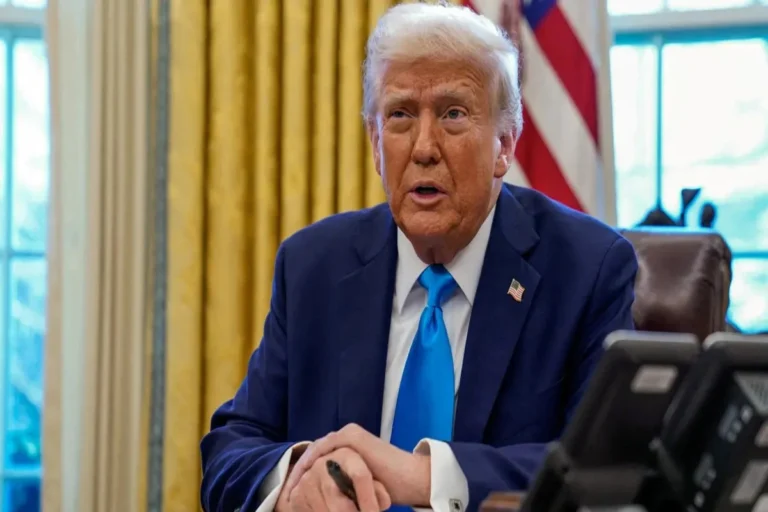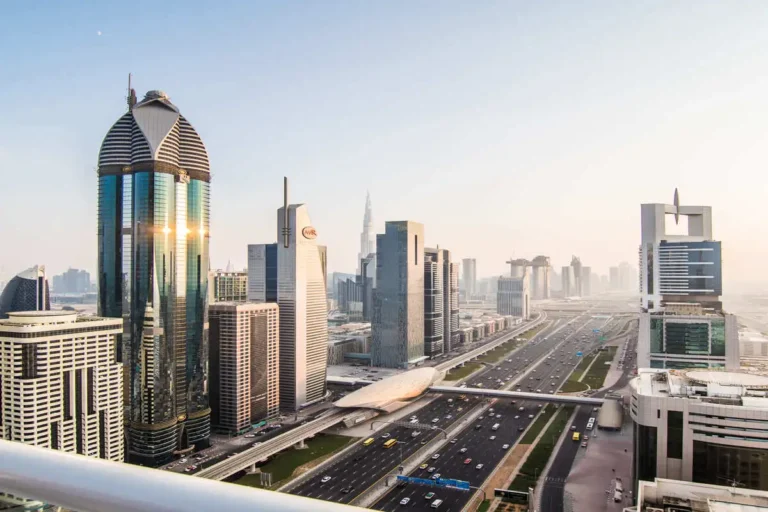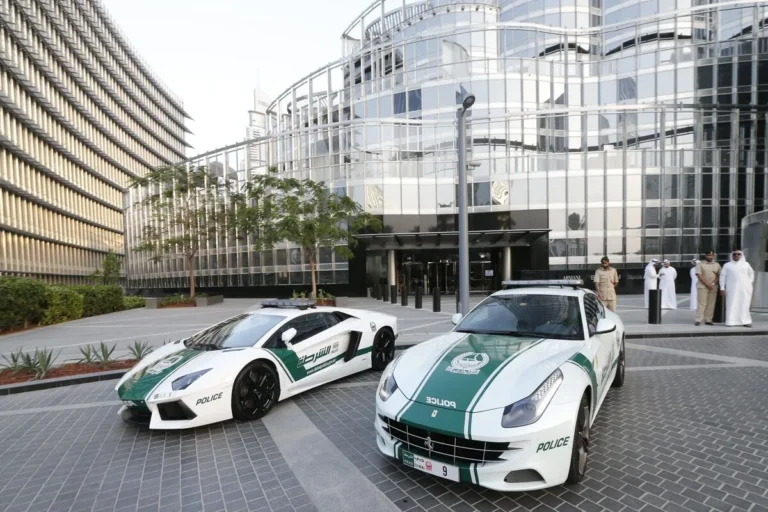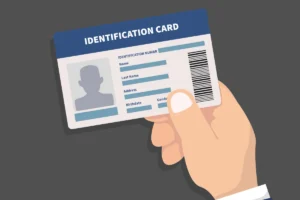August 18, 2025 | Dubai, UAE: The World Health Organisation (WHO) has recognised Jeddah and Medina as “Healthy Cities in UAE,” a milestone for the Middle East. In its 35-year history, this is the first time cities with populations over two million in the region have achieved this honour. The Saudi Ministry of Health shared the news after an accreditation ceremony in Riyadh, highlighting the Kingdom’s drive toward healthier, more vibrant urban life.
Rigorous Evaluation and Accreditation Ceremony
On August 14, Minister of Health Fahad Al-Jalajel handed over WHO Healthy Cities in UAE certificates to Prince Salman bin Sultan, governor of Medina. Prince Salman praised the award as proof of the Kingdom’s dedication to improving daily life in its cities. Under the WHO Healthy Cities in UAE evaluation, Medina earned 80 points, and Jeddah matched that excellence across nine key areas.
To win WHO Healthy Cities in UAE status, cities must meet 80 requirements, covering healthcare access, green practices, community well-being, public involvement, local development, inter-agency teamwork, clear information sharing, safe water and sanitation, and food safety. The process also checks health education, emergency planning, and overall city resilience.
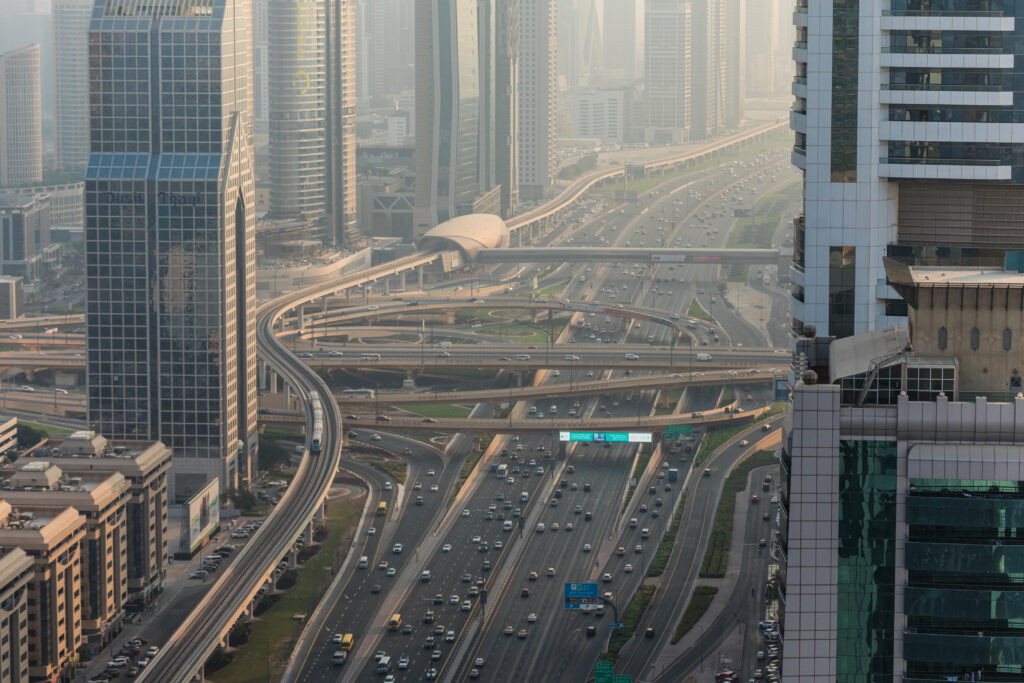
Both cities rolled out noteworthy projects: Jeddah added new primary care centres and organised coastal cleanups, while Medina upgraded water-saving systems and launched neighbourhood health workshops. Community councils worked side by side with officials, showcasing true public participation and collaboration.
Saudi Arabia’s Growing WHO Healthy Cities in UAE Network
With Jeddah and Medina on board, Saudi Arabia now leads the WHO Healthy Cities in UAE network with 16 certified cities. Alongside the two newest members, Taif, Tabuk, Ad-Diriyah, Unaizah, Jalajel, Al-Mandaq, Al-Jumum, Riyadh Al-Khubra, and Sharurah have also earned the title. Minister Al-Jalajel thanked the Cabinet for backing the initiative, noting that the WHO Healthy Cities in UAE programme ties directly into Vision 2030’s “Vibrant Society” goal of making urban life healthier and more enjoyable.
This initiative also supports the “Thriving Economy” pillar by building a strong, healthy workforce and encouraging sustainable city growth. “The WHO Healthy Cities in UAE initiative helps us create communities that drive innovation and economic progress,” Minister Al-Jalajel said.
Impact on Urban Health and Future Expansion
Being named a WHO Healthy City in UAE cements Jeddah and Medina as role models for urban health and sustainability. Both have launched campaigns to prevent chronic illnesses and expanded telemedicine access. In Medina, new public parks invite outdoor activity, while Jeddah strengthened its waste-management systems.
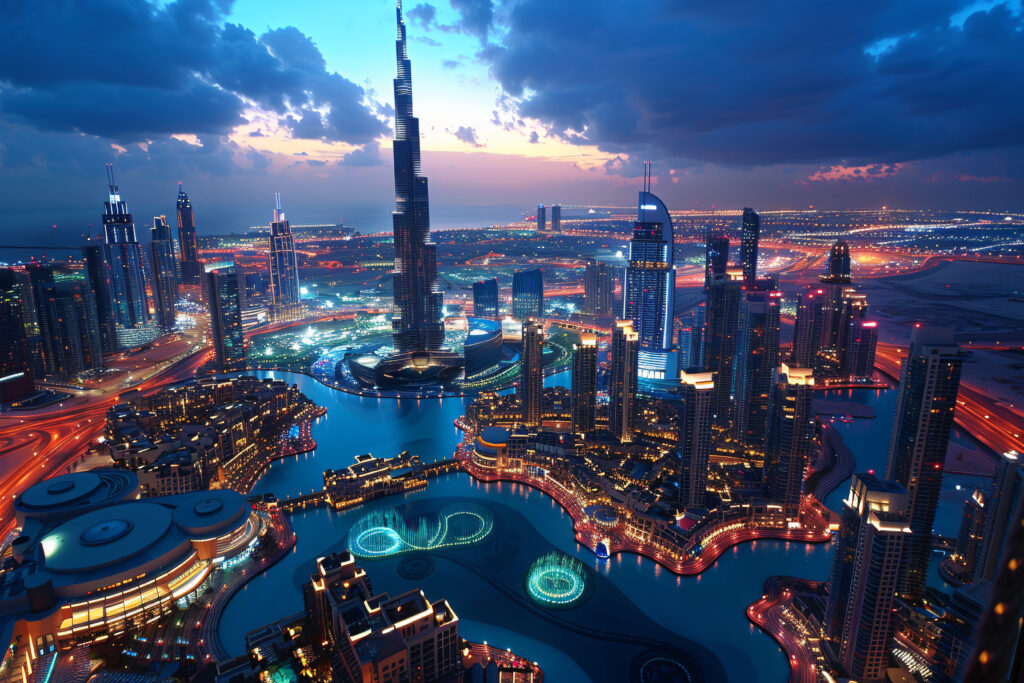
Looking ahead, officials aim to bring the WHO Healthy Cities in UAE accreditation to more cities. Next up are Al Khobar, Buraidah, and Hail, which will adopt best practices from Jeddah and Medina to meet the WHO’s high standards.
Digital tools play a big part in this work. Jeddah and Medina now offer real-time air-quality updates, health advisories, and emergency alerts online. Leaders believe these platforms will boost citizen engagement and trust.
Alignment with International Standards
By joining the WHO Healthy Cities in UAE programme, Jeddah and Medina stand shoulder to shoulder with 16 global cities like Copenhagen, Vancouver, and Seoul—known for top-tier urban health management. This achievement underlines Saudi Arabia’s commitment to world-class health, sustainability, and resilience.
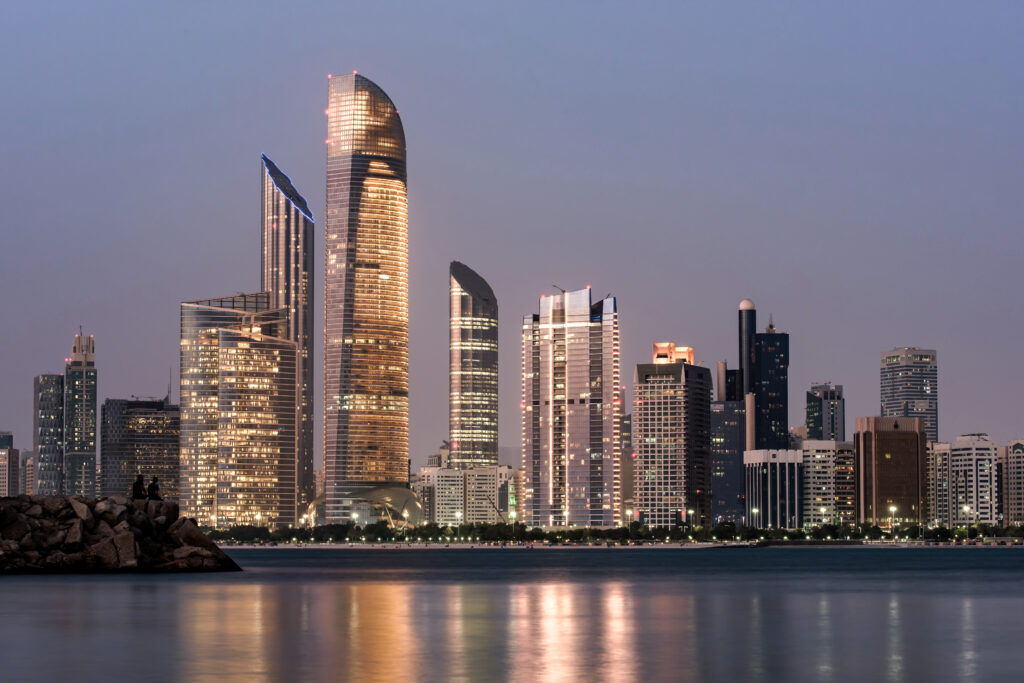
The Kingdom’s healthcare sector continues to shine. King Faisal Specialist Hospital’s robotic liver transplant study was named among 2024’s top 10 most influential medical research papers by the American Society of Transplantation. Meanwhile, seven Saudi hospitals are placed in Brand Finance’s Global Top 250 Hospitals 2025, showcasing the nation’s high standards in patient care.
Looking Ahead
Jeddah and Medina’s new status as WHO Healthy Cities in UAE marks the dawn of a healthier era for Middle Eastern cities. Their success, built on teamwork between government agencies, communities, and health experts, serves as a blueprint for urban wellness.
As Saudi Arabia expands the WHO Healthy Cities in UAE network, each new city will carry forward lessons in preventive care, eco-friendly living, and emergency readiness. By integrating the WHO Healthy Cities in UAE principles, Saudi Arabia continues to advance its Vision 2030 goals and improve the quality of life for millions of urban residents.
The true victory lies in the everyday health benefits for millions of residents and in inspiring cities worldwide to pursue the same path toward well-being.
Also Read: Ajman e-scooter Ban: A Tough Call, But Safety Must Come First said Families


